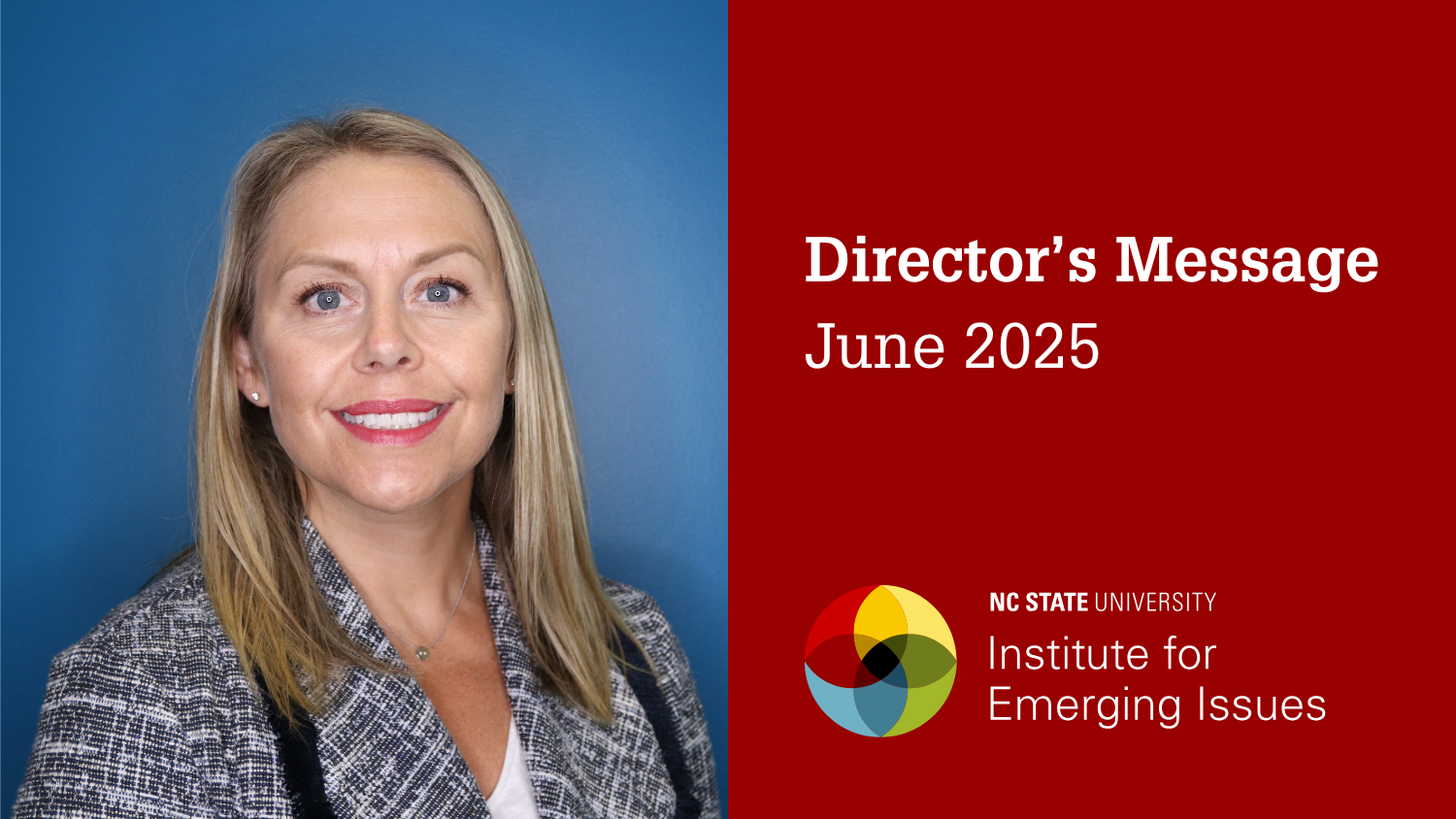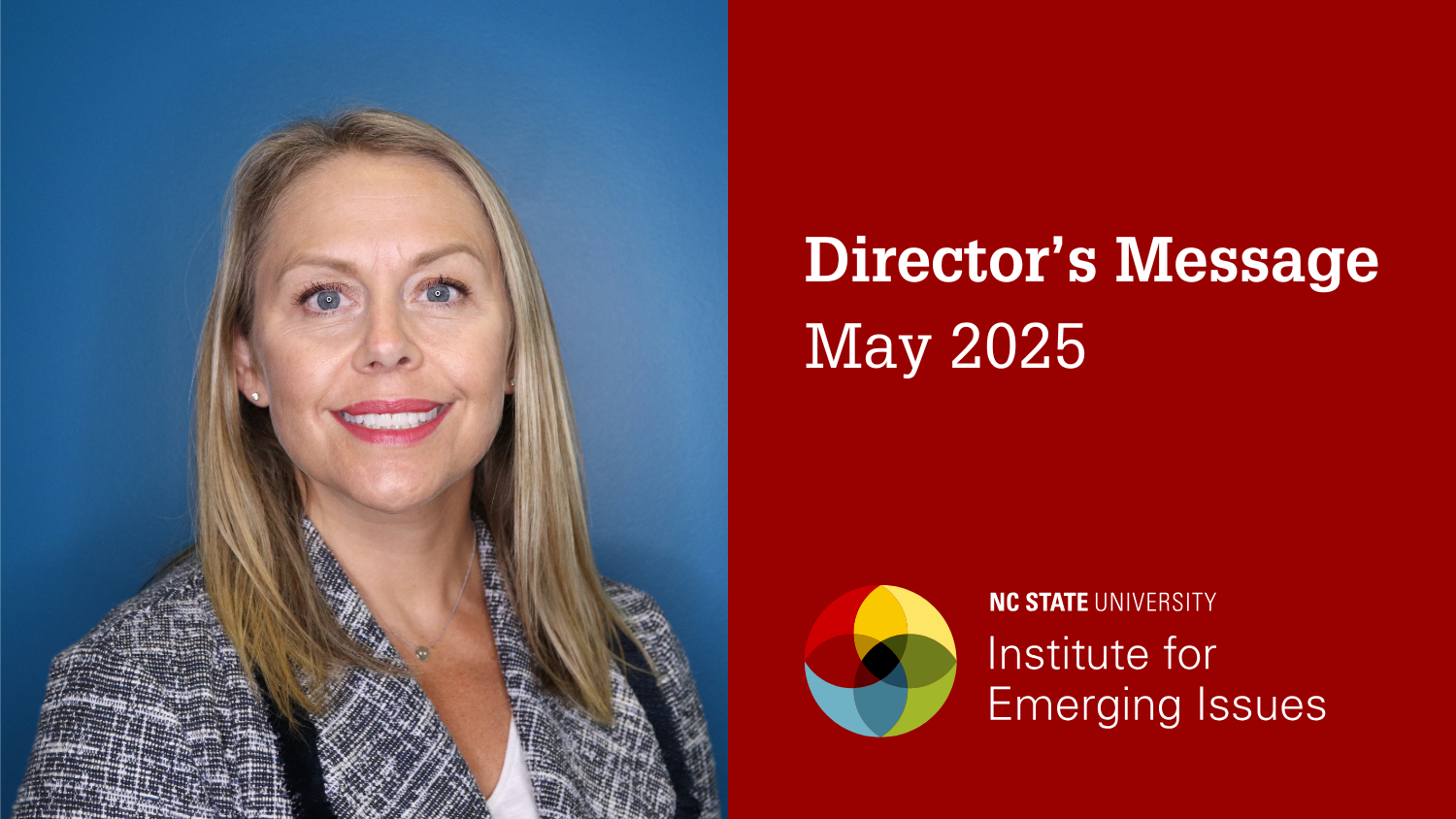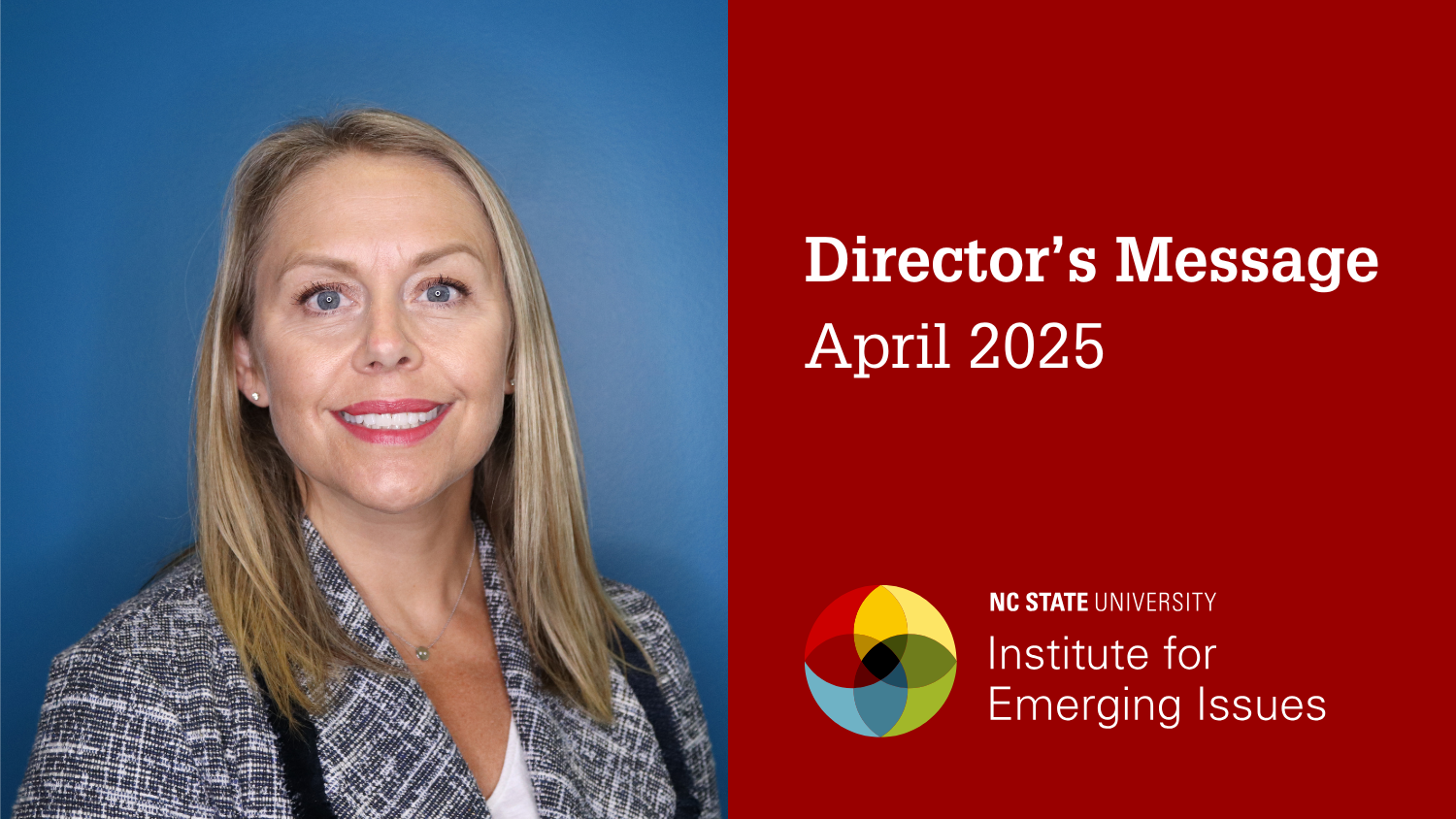Director’s Log | July 2018

Every summer, I try to spend at least one week at the beach. And every beach week, I make a deal with myself that by the end of the week I will be in swimming shape. This has been that week for me.
If you want to swim in the ocean there’s a price to pay. Waves are relentless and it is easy to imagine them conspiring against you, plotting strategies to whomp you upside the head just enough to make you want to give up and go in.
If you want to do anything other than get knocked cattywampus by the waves, you have to have your own game plan—you dive under some, swim over the top of others, and you recognize going in that some are just going to smack you in the face. Figuring out how to deal with which waves takes time.
Once you get beyond the breakers into clear water, you can move to the actual swimming. The first couple of days I can’t get very far, and even beyond the breakers there is rolling water and current to deal with, but once I get there, I’m in the game, and I find I can swim a little farther every day.
This week, I’ve also been reading David Brooks’ latest book, “The Road to Character.” In it, he lays out a 15-step code for “What to live for and how to live.” Turns out there are a few overlaps with my summer swimming strategy, and a lot more with the project we are hoping you will join us on, to “ReCONNECT NC.”
Progress in life, Brooks notes, is not linear. It’s more like advance-retreat-advance. To reconnect community, we have to accept that, and be prepared to fight through the waves.

To make real progress, Brooks says, we need to admit that we can benefit from the company of others. This week, I’ve been inspired to have my son trying to break through the waves with me. It’s more fun and harder to give up if there is someone else working on the same problem. To bring together community to solve problems, we need teams of different ages—with different perspectives and experiences—if we are going to succeed.
Around me in the water this week there have been other surfers and swimmers who have learned something about getting through the waves—from each other, or their parents or through web searches. It’s crazy as we try to do new things to not take advantage of what others have learned, what Brooks calls the “general bank of wisdom, traditions, habits, manners, moral sentiments and practices.” There are communities across the country and across the state that have learned through experience some useful lessons on how to reconnect. Through our “ReCONNECT NC” initiative, we’re hoping to learn from all of them.
One final point Brooks makes is that change is slow: the road to character is built a little bit at a time. I only get a little better at swimming every day. Progress in reconnecting our communities will be slow too. We’ll need to appreciate small victories along the way and be ready to hunker down for the long term.
But we’re ready to start hunkering and swimming. If the Chinese philosopher Lao-Tzu had been down at the beach with me this week, he might have said, “The longest swim begins with one stroke.” If he were advising us on ReCONNECT NC, he might say, “Just start already.” OK, but it’ll be a lot more fun with you. Join us in Asheville Sept. 17 as we take the plunge!
(Actually, Lao-tzu would have probably told me that the swim of a thousand miles starts with one stroke. But I ain’t swimming a thousand miles.)
Also, for a full definition of cattywampus, see episode 65 of our First in Future interview with NC State linguist Walt Wolfram.
- Categories:


